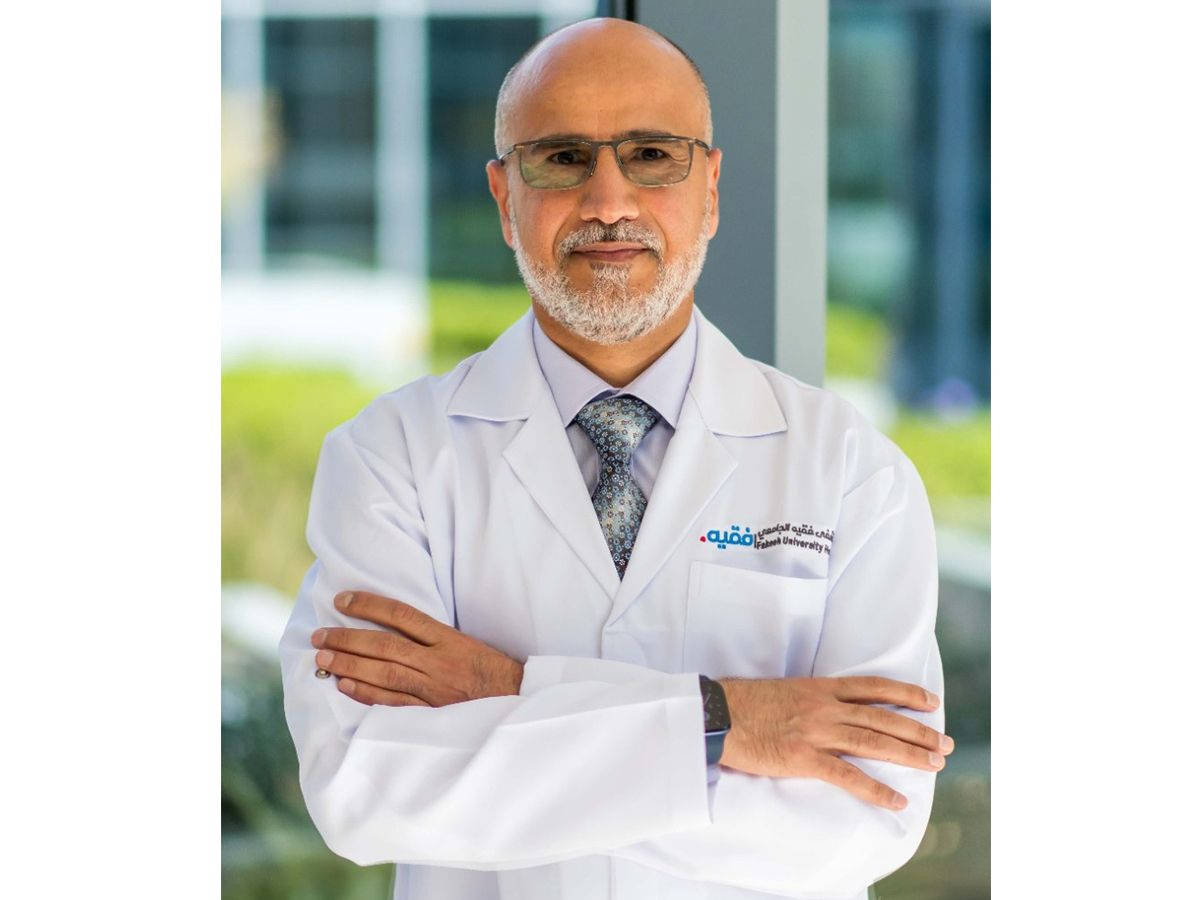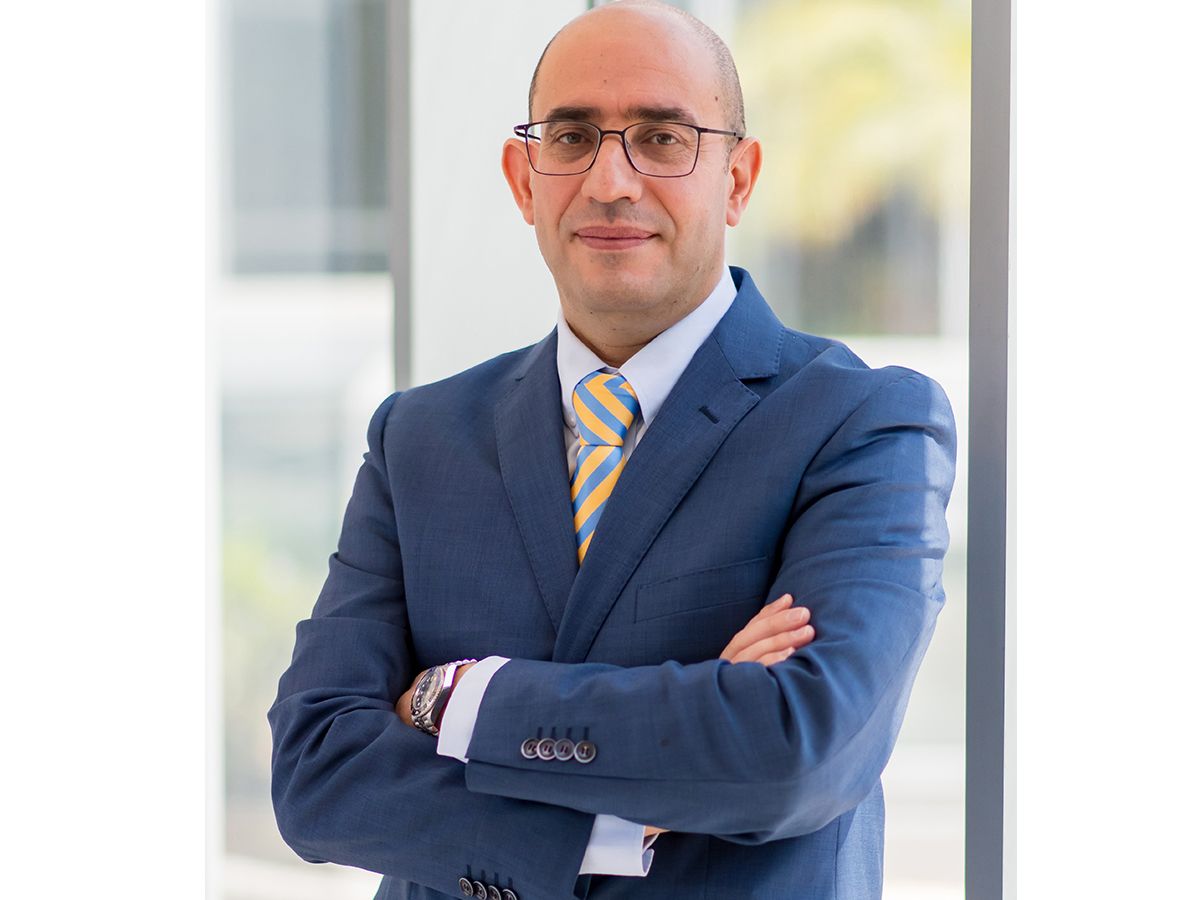
The month of November is dedicated to Men's Health Awareness Month. Also known as Movember, it is a global campaign that focuses on addressing some of the major health issues encountered by men, namely prostate cancer, testicular cancer, mental health, and suicide prevention. Among a number of health conditions prevalent in the UAE, the most prevailing ones faced by men are Benign Prostatic Hyperplasia (BPH), prostate cancer, infertility, type 2 diabetes, stone disease, colorectal cancer, and cardiovascular diseases. What is significant to note is that a large share of these conditions is urology-related. This is also evident because, globally, prostate cancer is the second most prevalent cancer among men and the fourth most prevalent cancer in the overall population. As per a global research, in 2018, the world had seen 1.3 million new cases of prostate cancer.
Closer to home, in 2020, out of every 100,000 males, 270 new cases of prostate cancer and 313 new cases of colorectal cancer were seen in UAE.
Furthermore, worldwide male lifespans are four to five years less than female lifespans. This disparity is often linked to lifestyle-related health issues in youth, as well as a reasonably high prevalence of cardiovascular disease and dangerous tumors around middle age. Strong masculinity beliefs, customs, attitudes, and stereotypes are widespread and detrimental to men's health. These perceptions create social obstacles that keep men from getting timely medical help and expose them to greater risks. Some health concerns are also behavioral, such as cigarette and alcohol use, which contribute significantly to life-expectancy gaps.
Situation in the UAE
While the UAE has successfully transformed itself into a fast-expanding economy in the past few decades, excessive working hours, high-stress levels at work and poor and inactive lifestyles choices have all contributed to the population's declining health in both men and women alike. What is more problematic is that men tend to keep mum about their problems.

“According to the latest figures from SEHA, UAE men are not doing enough to take charge of their health,” says Dr Omer Al-Derwish, Consultant Urologist at Fakeeh University Hospital. “Almost 70% of Emirati men under 30 years suffer from obesity and 46 % are either diabetic or prediabetic. For various reasons, not enough men between 20-30 years are undergoing regular full physical work-ups, and screening for prevalent health issues.”
Amongst other key health conditions faced by men in UAE, chronic kidney disease has become much more common over the last two decades. According to a recent study, the prevalence of this disease among UAE nationals is 4.6% in males. It is a long-term, complex disease that does not get better with time. According to the Emirates Nephrology Society, over 1,600 people in the country are on dialysis regularly, and this number is growing year after year.
As per the Annual Report of the UAE - National Cancer Registry, men between the age group of 55-64 are most susceptible to developing cancer. Additionally, according to recent research published by the Abu Dhabi Health Authority, prostate cancer is the third most prevalent cancer in the UAE, affecting approximately 270 males out of every 100,000 males.
As per a survey of 1000 males in UAE, 62% did not know or were unclear about the typical risks of prostate cancer. Furthermore, 79% of the males polled indicated they had no idea how to perform a testicular cancer self-exam.
According to research compiled in the UAE, 45.4% of all cancer diagnoses in 2017 (the most recent numbers available) were in persons aged 20-49; up from 42.3% two years ago. Environmental variables like unhealthy lifestyle choices, inactivity, and food have a role. Also, increased screenings and gradual increase in symptoms awareness may have resulted in higher diagnoses.

“It is recommended that all men above 40 years should start seeing a urologist regularly,” says Dr Hosam Al Qudah, Consultant and Lead Urologist at Fakeeh University Hospital. “This is not just to safeguard against prostate cancer, but also to take charge of your overall health including prostate, urinary, and sexual health. We understand that most of these issues are difficult to discuss, even with a doctor. However, not addressing them can complicate your health. It is vital to normalize these talks as regular health conversations.”
Takeaways
Early detection is the best possible way to treat most health issues in men, including cancers. Therefore, it is important to undertake regular screenings and keep an eye for symptoms. There is no doubt that the number of health problems in men are rising and this calls for our attention. Keep your weight in check, avoid smoking and drinking too much, and adopt healthy lifestyle choices to prevent your risk of developing any of these cancers.




